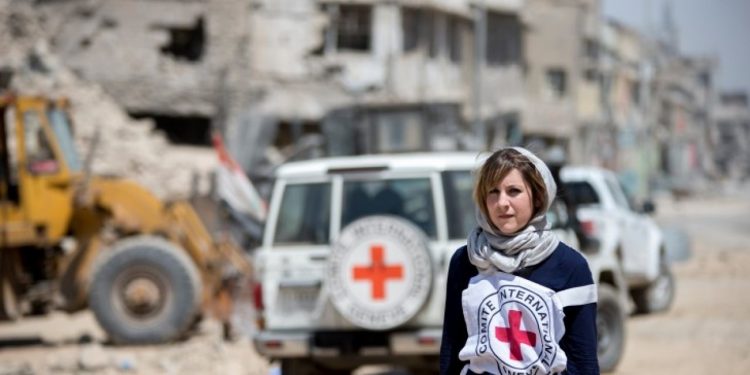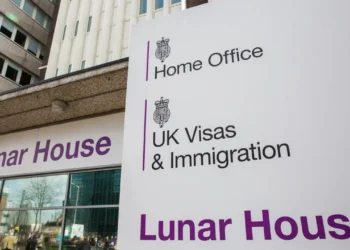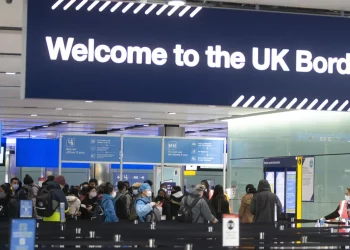The International Committee of the Red Cross (ICRC) says the latest figures of disappeared persons across Africa is 64,000 cases, with Nigeria recording over 25,000 missing persons.
This was made known on Tuesday, by Mr Yann Bonzon, Head of Delegation for Society in Nigeria, in a statement to journalists to commemorate the International Day of the Disappeared. The day is marked every August 30.
BASIC FACTS
- The International Red Cross has said 25,000 persons are missing in Nigeria.
- The ICRC also said 64,000 persons are recorded as missing in Africa.
- August 30th is the International Day of the disappeared, a day set to commemorate missing persons.
WHAT WE KNOW
Mr. Yann Bonzon, Head of the Delegation for society in Nigeria, Tuesday told journalists in Nigeria that 25,000 persons are missing in Nigeria.
The statement was signed by Ms Akpa Esther, Communication Officer, Editor and Analyst of the society in Abuja.
Bonzon said that out of the over 25,000 reported missing in Nigeria, over 14,000 were children.
According to Bonzon, there are over 35 active armed conflicts in Africa. He said that thousands of people, including children, cross borders, the Sahara Desert and the Mediterranean Sea in search of safety and better life each year.
Bonzon further noted that such movements often entailed great risk, including the risk of disappearance.
Mr. Yann Bonzon also noted that documented cases of missing persons were on the rise as the society warned that the actual figures were much higher.
He said that during displacement, children faced risks such as exploitation, violence, mental distress and disappearance as many also ended up alone, with no news of their families’ whereabouts.
According to him, the society has more than 5,200 documented cases of unaccompanied children in Africa.
Mr Patrick Youssef, Regional Director for ICRC in Africa, said that having the right policies in place could save lives.
Youssef said that it was an essential step to protect migrants and families of missing persons.
He said that there was a question of humanity and human dignity and that families of the disappeared faced immense pain and obstacles that often transcend generations.
Mr. Youssef, said that in 2022 from January to June, the society together with the Nigerian Red Cross Society (NRCS), assisted in the exchange of 1,250 Red Cross messages containing family news.
Youssef said that the society reunited 31 separated children and unaccompanied minors with their families, while 440 phone calls were provided to families to maintain family contact.
NOTABLE QUOTES
In the statement, Mr. Yann Bonzon stated, “Sadly, the almost 14,000 children registered do not capture the full scope of this often-neglected and tragic humanitarian issue.
“There is no doubt that there are more children whose fate remains unknown,’’
Mr. Patrick Youssef, the regional Director for the ICRC in Africa said, “They are stuck in limbo, unable to move forward or grieve. The search for their loved ones never ends’’
“While 146 families of missing persons received psychosocial, economic, legal and administrative support through the Accompaniment Programme for Families of the Missing,’’
COMMENTARY
Missing persons transcend generations. The world is yet to find answers to this. However, peaceful and more secured societies are likely to have less of missing persons, hence the reason the number is high in Africa with many conflicts.
The case of missing persons is traumatizing for the families, needless to say, because they are afraid to declare such a person dead. They keep hoping for a miraculous return, which may or may never happen.
For Africans and Nigerians, it has a cultural and perhaps spiritual implications, there may never be a grave to the memory of the person, there may never be a memorial held in honour of a missing person.
Also, the family if it’s an African traditional religious one will not have the privilege of according the person the right of an ancestor, as the status whether living or dead remain unresolved.












